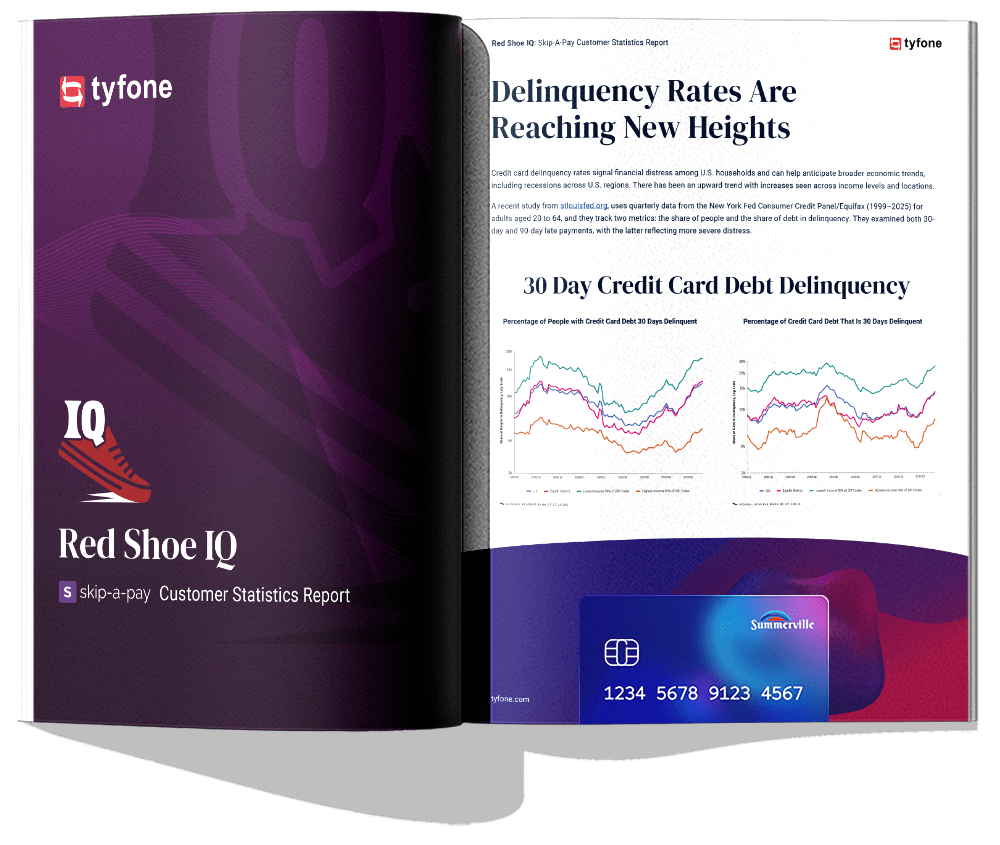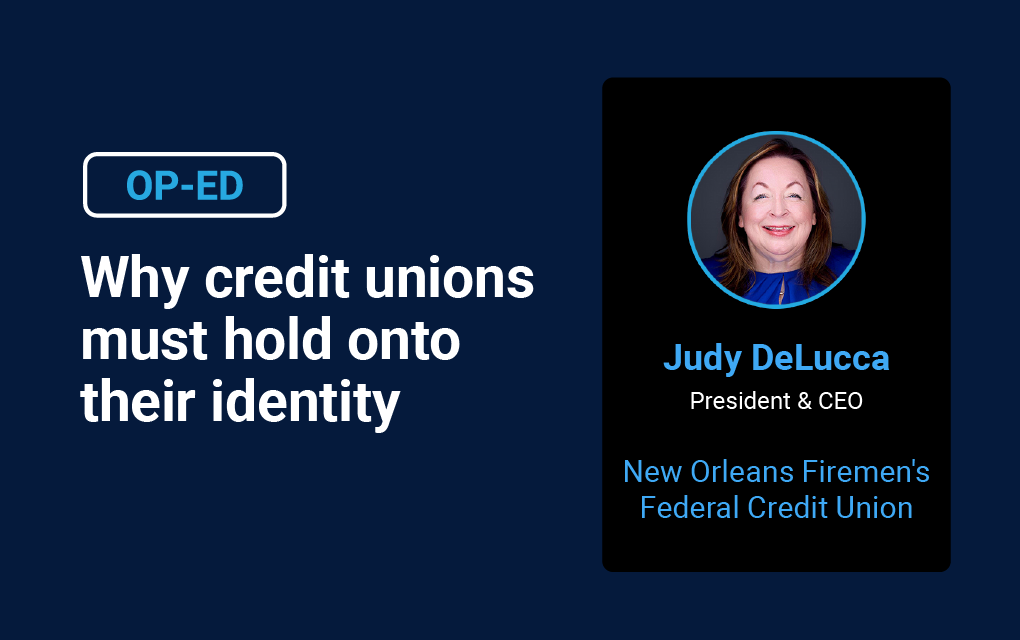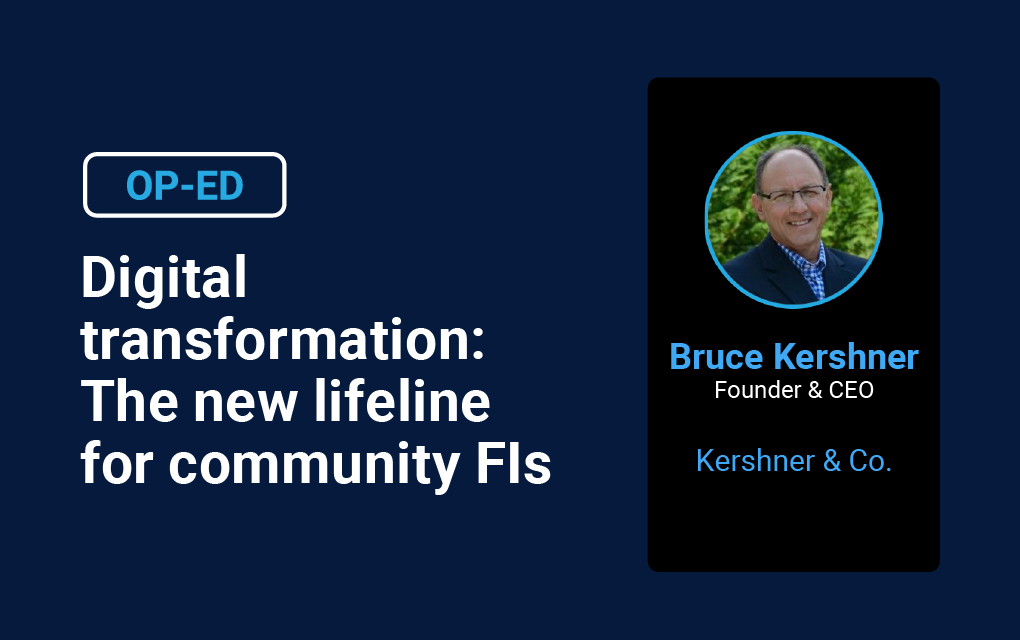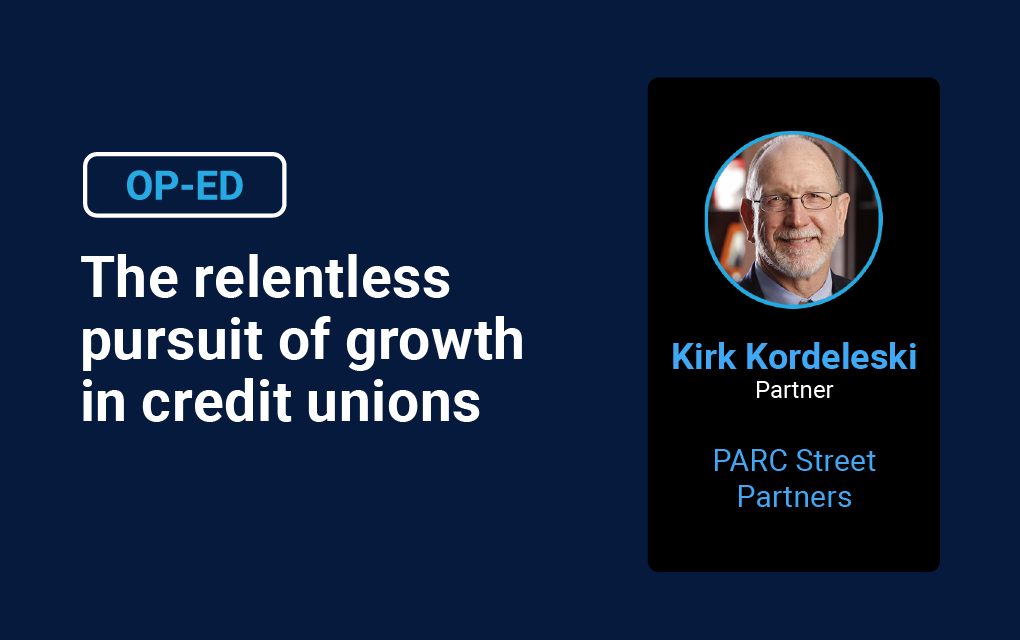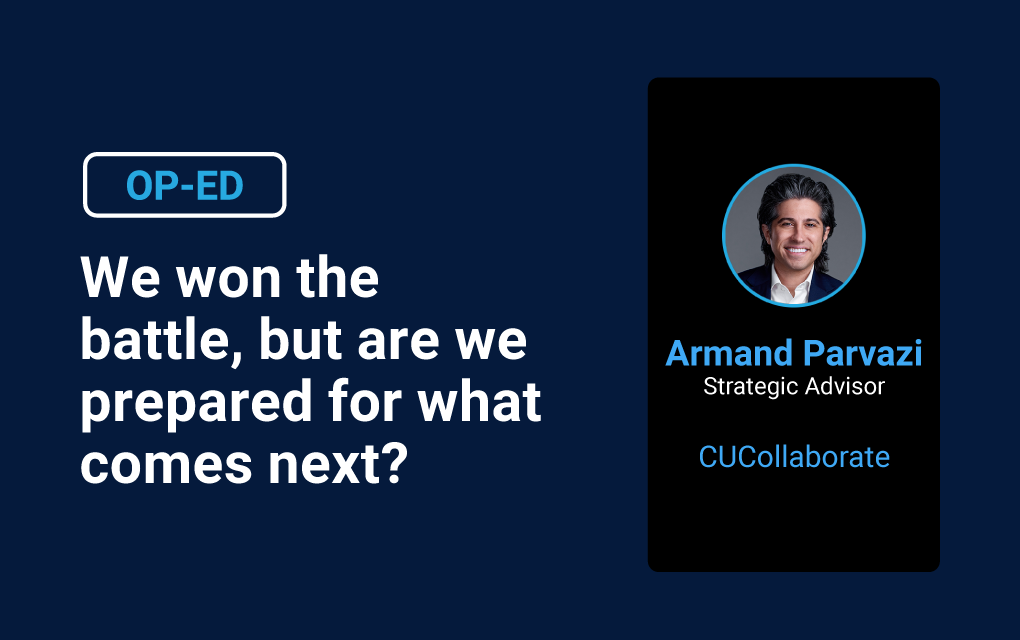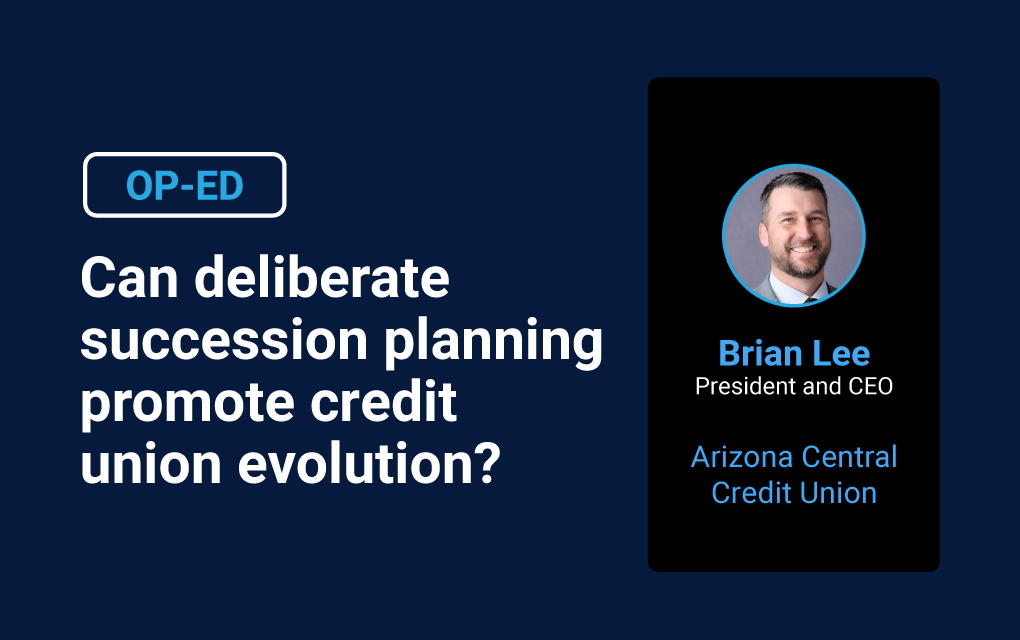We won the battle, but are we prepared for what comes next?
Over the last week, I've spoken with dozens of credit union leaders who are relieved that our industry was able to maintain our tax-exempt status with the One Big Beautiful Bill (OBBB). Most agree this was the closest we've come to losing it. While we all breathe a sigh of relief, we need to accept the fact that this was only the first battle in a much bigger war.
Both parties estimate the OBBB will add trillions to the deficit while lowering taxes for the wealthiest Americans. It doesn't take a financial expert to understand that when you reduce income while increasing spending, you have to make up the difference somewhere. Credit union tax exemption will be back on the table again very soon. So what can we do about it?
We Cannot Rely on Others for Advocacy
Ask yourself: Who does advocacy well in our industry? Names that will likely come up include America's Credit Unions (AmCU), the Defense Credit Union Council (DCUC), and your league. These trade associations do a fine job, but rarely does someone name a credit union that consistently engages and advocates on behalf of the industry.
We rely too heavily on these organizations to advocate for us. While part of the reason we pay them is to coordinate messaging and ensure consistency, they cannot be our only means of communication with lawmakers. Credit unions need to engage directly with their local lawmakers. We need to visit their offices, meet with them, invite them to our branches, and make our presence known.
AmCU represents the credit union industry across the U.S., and with such a wide scope, they can only go so deep into our stories. They have to keep the message high-level. At the other end of the spectrum, DCUC represents 180+ credit unions serving military and veteran communities. That's only 4% of our ~4,400 credit unions. Both of these associations do a superb job advocating for our industry, but are they able to tell your story? Not the credit union story. Your specific story? The answer is likely no.
These associations understandably aren't able to tell lawmakers about the member you saw last week whose car was being repossessed and you helped refinance it. They're not telling the story of the member working two jobs to set their children up for success and who regularly consults with your staff on how best to save for their education. Or the member whose partner's illness returned, and who now leans on your team to manage cash flow and ensure bills are paid while navigating treatments.
Our trade associations do an excellent job representing our industry, and we should be grateful for the talented people they employ. But we need to be the ones telling these stories. We were there. We helped that member. We understand the facts and the emotions; how our members rely on us for guidance, support, and relief. As credit union leaders, we have a responsibility to represent our members in the broader arena that is the American banking system.
Story continued below…
FREE PAMPHLET
Red Shoe IQ:
Skip-A-Pay Customer Statistics Report
Inside this report you will find statistics on 30-day and 90-day debt delinquency across the U.S., comparison of loan skips and yearly revenue from loan skip fees across our customers, loan skips by institution asset size and number of members, and more!
Your Highest-Yielding Portfolio
Senior leadership teams spend a lot of time managing various portfolios (consumer, commercial, investment). All too often, we ignore growing the most important portfolio of all: our members' brand loyalty. This portfolio yields greater returns than any other.
Rarely does someone accidentally stumble into a credit union and decide to make it their primary financial institution. Our members made an intentional choice to use our services instead of those offered by big banks. They're telling us they want an alternative. We need to nurture that trust and foster it.
Credit unions must inform their members about the work they're doing on the local, state, and national levels to protect their access to credit union services. Share this on social media, include snippets in online banking, and make sure they know what you're doing to protect their financial freedoms. Members want to know you're more than just a bank. They want to understand what it means to be part of a cooperative and why that's different. Remind them that credit unions are working to preserve their right to choose who they bank with. That builds on the member-owner message they heard when they opened their account. Show them what the credit union difference truly means.
Activate Your Members
Credit unions are uniquely positioned in today's political landscape. We align with foundational beliefs on both sides of the aisle regarding financial access.
Republicans often emphasize personal responsibility and the ability to overcome adversity through hard work and financial management. Credit unions support this by helping members save and manage money more effectively. Democrats often advocate for broader access to services to address structural inequities. Again, credit unions deliver. We create inclusive products, lend deeper into credit tiers, and offer personalized support.
We know that sometimes bad things happen to good people. We're here to offer opportunities and pathways to get back on track. It doesn't matter what our members look like, how they vote, or how much they earn. We're here for all Americans. That's why we must maintain active, bipartisan communication with lawmakers, regardless of who's in office. And sometimes, we need our members' help.
In 2021, the Biden administration proposed a plan to require financial reporting for individuals with $600 or more in their accounts. At the time, I was serving as Chief Administrative Officer at my credit union, overseeing marketing and communications. While we routinely informed our members that we were advocating on their behalf, this time was different.
We sent messages through email and online banking explaining that we were in active communication with lawmakers to stop what we saw as an overreach, and we asked for help. We included a link to CUNA's Project Zip Code, allowing members to message their representatives. Thousands clicked. A few dozen even contacted us directly to thank us for fighting for them. They responded because they trusted us, believed in the credit union difference, and wanted to protect what they had. That engagement was possible because of the goodwill we had built over the years.
A Call to Action
While we should be grateful for our trade associations, there is no substitute for grassroots advocacy. We must engage directly with our government and advocate for ourselves and our members.
Start collecting member stories now. Organize them, share them with lawmakers year-round, and then communicate those advocacy efforts back to your members. Leagues like Luminate (Louisiana Credit Unions) and the Tennessee Credit Union League are doing this well. They are hosting Hike the Hills during GAC, engaging lawmakers throughout the year, organizing member stories, and sharing legislative updates with their member credit unions. They're always looking for more participants. If you're part of another league, they likely are too.
Good communication is strategic and disciplined. It's not enough to pay your association dues. You need to be actively engaged and represent your members. If you're not telling your story, you have to ask yourself: Who is?
Armand Parvazi is a seasoned credit union leader and strategist with more than 15 years of experience in financial services.
CUCollaborate is a challenger consultancy that champions credit union growth through disruptive innovation.
Disclaimer
The views, opinions, and perspectives expressed in articles and other content published on this website are those of the respective authors and do NOT necessarily reflect the views or official policies of Tyfone and affiliates. While we strive to provide a platform for open dialogue and a range of perspectives, we do NOT endorse or subscribe to any specific viewpoints presented by individual contributors. Readers are encouraged to consider these viewpoints as personal opinions and conduct their own research when forming conclusions. We welcome a rich exchange of ideas and invite op-ed contributions that foster thoughtful discussion.


